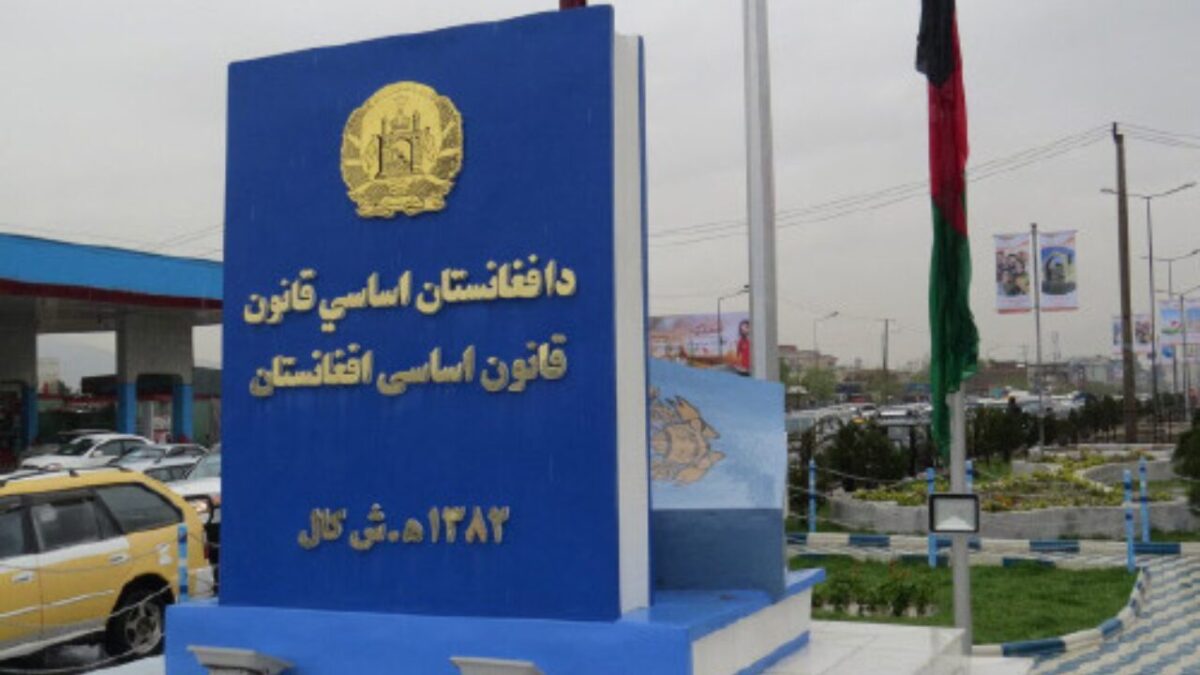Several legal experts have responded to recent remarks by Taliban leader Hibatullah Akhundzada, who claimed that previous laws in the country were based on Western legal systems, asserting instead that Afghanistan’s laws have always been grounded in Islamic Sharia.
During an event in Balkh province, Akhundzada criticized Afghanistan’s past legal framework, claiming it was influenced by American, European, and British sources. In an audio recording shared by Taliban spokespeople, he condemned foreign laws as being shaped by “human desires” and contrasted them with the Taliban’s current legal system, which he says is rooted in Sharia.
“Currently, the laws are based on Sharia. In the past, laws were made, but their sources were British law, European law, and Western law,” Akhundzada said. He also defended the Taliban’s “Vice and Virtue” law, stating that it is based on “the Quran, Fiqh (Islamic jurisprudence), and Hadith.”
Akhundzada further claimed that some religious scholars have expressed approval of the Taliban’s laws, stating in letters that they had long awaited such changes in Afghanistan.
However, legal experts have challenged Akhundzada’s claims. “Even now, the Taliban’s laws are not entirely derived from Islamic jurisprudence,” said Nasrullah Stanekzai, a university lecturer. “For example, the technical frameworks used by the Taliban, such as those governing diplomatic relations, are rooted in international law, not religious law.”
One month ago, the Taliban announced that Akhundzada had approved the Vice and Virtue Ministry’s latest law, which imposes sweeping restrictions on Afghan citizens, particularly women and girls. Among other measures, the law forbids women’s voices from being heard outside their homes and bans images of living beings. The Taliban insist the law is based on Sharia, a claim that has drawn widespread condemnation from the international community amid concerns over human rights abuses.
Akhundzada has described the Taliban’s takeover of Kabul in August 2021 as akin to the “Conquest of Mecca” during the time of the Prophet Muhammad.
Meanwhile, Afghan women and girls have pushed back against the Taliban’s interpretation of Sharia, arguing that Islam does not condone the suppression of women’s rights. “Islam is not a misogynistic religion, and Sharia does not forbid women from working or receiving an education,” said one Afghan woman. “The Taliban are using religion as a tool to further their political goals.”
“Through several decrees, the Taliban have deprived us of our rights,” another woman added. “For example, we’re not allowed to study, go to parks, or travel without a male guardian. But this latest decree, which forbids women’s voices, is not based on the Quran or Sharia at all. It’s a political strategy by the Taliban to erase women.”
In the three years since the Taliban’s return to power, the group has imposed severe restrictions on women, including bans on female education, higher education, and employment, all under the pretext of implementing Sharia law. The international community continues to express deep concern over the humanitarian crisis and escalating violations of women’s rights under Taliban rule.





